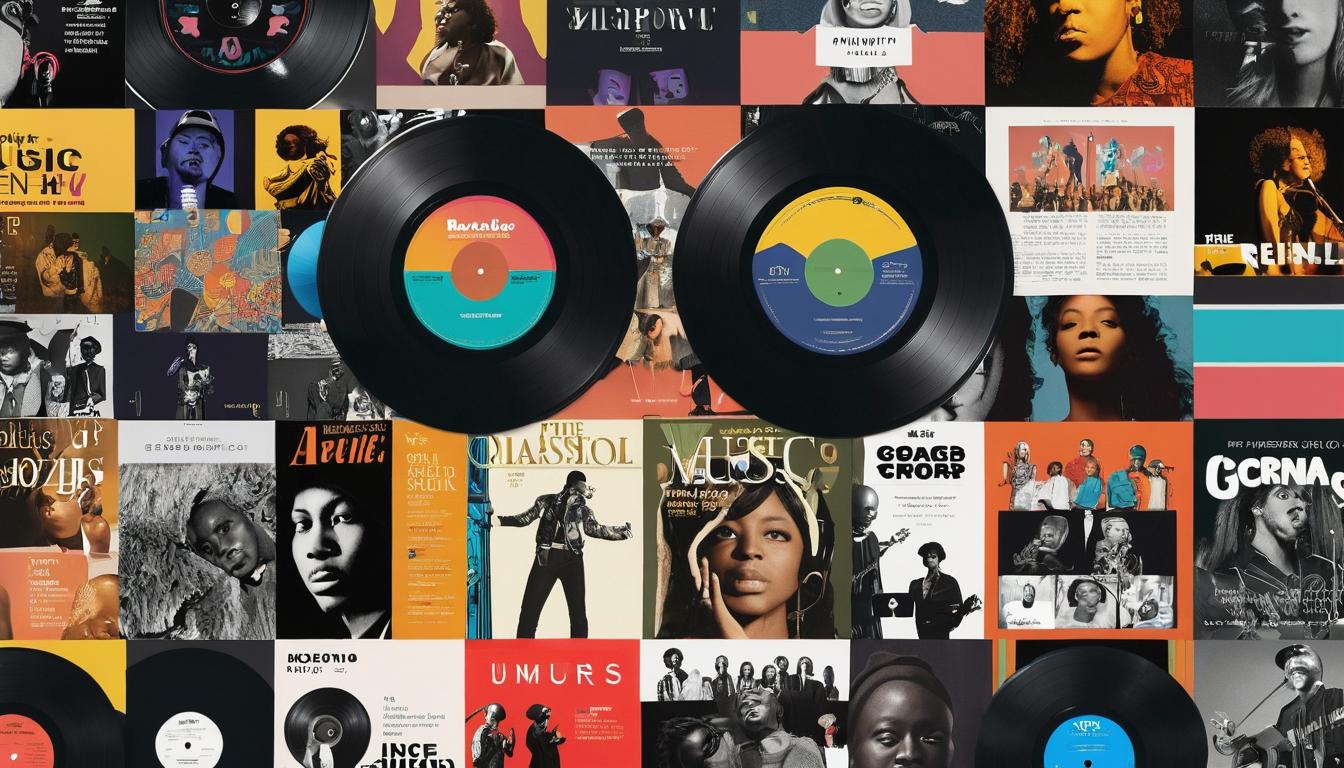In the shadow of the music industry's giants, a quiet revolution is taking place. Small indie labels, often operating out of basements and bedrooms, are crafting the sounds that will define the next generation. These labels, though modest in size, are mighty in influence, championing genres and artists that mainstream platforms overlook.
Take, for example, the resurgence of vinyl. While major labels were busy chasing digital streams, indie labels were keeping the vinyl dream alive, fostering a community of collectors and audiophiles. This dedication to physical media has not only preserved a rich musical heritage but also introduced it to a new audience.
But it's not just about the medium. Indie labels are often the first to spot emerging trends, from the lo-fi beats that dominate study playlists to the global rise of afrobeats. By the time these genres hit the mainstream, they've been nurtured and refined in the indie scene for years.
The relationship between indie labels and artists is also uniquely symbiotic. Without the pressure to produce chart-topping hits, artists are free to experiment, leading to some of the most innovative music in decades. In return, labels gain a reputation for cutting-edge curation, attracting fans hungry for something new.
Yet, challenges abound. Streaming platforms, while offering unprecedented access to music, often sideline smaller labels with opaque algorithms and meager payouts. Despite this, indie labels persist, driven by a passion for music that transcends profit.
As we look to the future, one thing is clear: the influence of indie labels is only growing. In an industry often criticized for its homogeneity, these small but mighty players are ensuring that music remains as diverse and dynamic as the world it soundtracks.
The unsung heroes of indie music: how small labels are shaping the future

